New Report Reveals Ways to Cut the UK Rollout Cost of Full Fibre Broadband
The Broadband Stakeholder Group, which is a think-tank for the UK Government, has published a new report from Analysys Mason that proposes a number of changes for making it easier and cheaper for telecoms operators to deploy ultrafast 5G Mobile and “full fibre” (FTTP/H) broadband networks.
Over the past few years we’ve seen the cost of deploying new telecoms infrastructure fall, which is largely due to new methods of civil engineering (e.g. narrow and micro trenching), as well as changes in related regulation and laws (e.g. Cost Reduction Directive and the Growth and Infrastructure Act 2013). Not forgetting the extra support from public funding and some relief from business rates (Budget 2017 summary)
As a result it’s now possible in some urban areas for operators’ like MS3 in Hull and Cityfibre / TalkTalk in York to bring down the cost of rolling out a new “full fibre” FTTP/H broadband network to as little as £500 per premise passed (excludes the final connection into homes), while community-build providers like B4RN can often get around the hefty rural costs by asking local people to help build the network in exchange for shares.
Nevertheless issues with road traffic management, permit and notice schemes, section 58 notices and other planning related problems (e.g. wayleaves agreements for private land access) can all still conspire to delay deployments of new infrastructure or make them so expensive as to become economically unviable.
Richard Hooper, Chair of the BSG, said:
“Building infrastructure in the UK is extremely tough – due to our geography and legacy systems. But also due to regulation. We need to remove these barriers to ensure we get the digital infrastructure that our economy depends on.
On their own, these barriers can seem small but a multitude of marginal gains can add up to more than the sum of their parts. We believe that this is the case here. Removing these barriers will help unlock investment and deliver networks with better coverage, capacity and quality.”
The new report (PDF) proposes a series of recommendations for tackling some of the aforementioned issues, which if adopted could make life a lot easier for telecoms operators that wish to build new infrastructure and that in turn may help to attract more private investment towards such developments.
However it will be important to balance some of these proposals against the need to maintain a high standard of work and to avoid causing excessive disruption to local communities, although civil works will always be inherently fairly noisy and disruptive. Often that disruption is a small price to pay for ultrafast broadband and Mobile services.
Recommendations for the UK Government
Noticing and permit schemes
* Review the legislation and statutory guidance to introduce a more uniform national approach to managing road networks and street works which would result in a reduction in the number of, and the variations between, noticing and permit schemes operated by local authorities.
* Consider if introduction of additional mandatory requirements and guidance could help both operators and local authorities to better manage large-scale network deployments, where existing permit schemes
may not be suitable.* Review permit scheme KPIs that are being monitored by highway authorities and analyse KPIs at a national level to understand the variation in statistics being reported and how the reporting is being used. For example, it may be appropriate for the National Street Gazetteer (NSG) scorecards for local authorities and other data in the NSG to be published. Consider an evaluation framework that also considers the outcomes from the street works activity, e.g. the benefits from full-fibre connections to customer premises.
Restriction (e.g. Section 58) notices
* Analyse the use of restriction notices by highway authorities in each nation to understand if there are noticeable differences between authorities in terms of volumes of notices, time periods applied and the number of works that do occur on roads with restriction notices in place. The aim would be to identify ways to introduce more flexibility (e.g. apply the Section 58 notice on part of a road, not the whole road).
Road traffic management
* Analyse the notice periods and fees being applied by highway authorities to road traffic management schemes such as temporary traffic regulation orders (TTROs), including conditions that are being applied by authorities such as parking bay occupation and parking fine exemptions, and the requirements for advertising.
Other findings
* Review micro-trenching and similar techniques of network deployment to understand why there are inconsistencies in how highway authorities assess the suitability of such techniques and make decisions that prevent their use, and update guidance accordingly.
A variety of other recommendations are also proposed for the highway authorities, such as reviewing permit fees for less strategically important streets (in theory some fees could be reduced to zero), adopting less stringent permit restrictions (in terms of timing, duration and hours of work) and reviewing reinstatement classifications with the aim being to reduce reinstatement costs etc.
On top of that the report also calls on telecoms operators to make some improvements, such as by introducing more detailed street works planning into their deployment planning processes and conducting more frequent site visits with highway authorities (lack of visits can cause delays to permits etc.).
Operators are also advised to adopt “improvement programmes” to enhance the quality of work by their subcontractors (covering all matters of street works). In keeping with that the BSG suggests that highway authorities should consider implementing incentives for operators and their subcontractors to deliver quality workmanship, which could include fixed penalty notices for poor-quality workmanship or fee reductions when delivering compliant first-time reinstatements.
Another key recommendation is one that calls for better communication, not least with members of the public who are often only given the most basic of information about local street works. This could include a need to review any “issues of confidentiality” that can hinder information sharing, although forcing this upon operators with a vested commercial interest in keeping such details private may be difficult.
Suffice to say that the full report is a mix of give and take for both sides, although it drops at a time when all of the politicians who might actually need to read it are currently being somewhat distracted by campaigning for next month’s General Election. Never the less it contains many useful points for discussion and hopefully won’t be overlooked by the fight for no.10.
Mark is a professional technology writer, IT consultant and computer engineer from Dorset (England), he also founded ISPreview in 1999 and enjoys analysing the latest telecoms and broadband developments. Find me on X (Twitter), Mastodon, Facebook and Linkedin.
« VIDEO Ericsson and Verizon Hit 6.4Gbps in 5G Test on Moving Car at 60MPH
Amazon Video UK Adds 40 Live Broadband TV Streaming Channels »
Latest UK ISP News
- FTTP (5530)
- BT (3518)
- Politics (2542)
- Openreach (2298)
- Business (2266)
- Building Digital UK (2247)
- FTTC (2045)
- Mobile Broadband (1977)
- Statistics (1790)
- 4G (1668)
- Virgin Media (1621)
- Ofcom Regulation (1465)
- Fibre Optic (1396)
- Wireless Internet (1391)
- FTTH (1382)

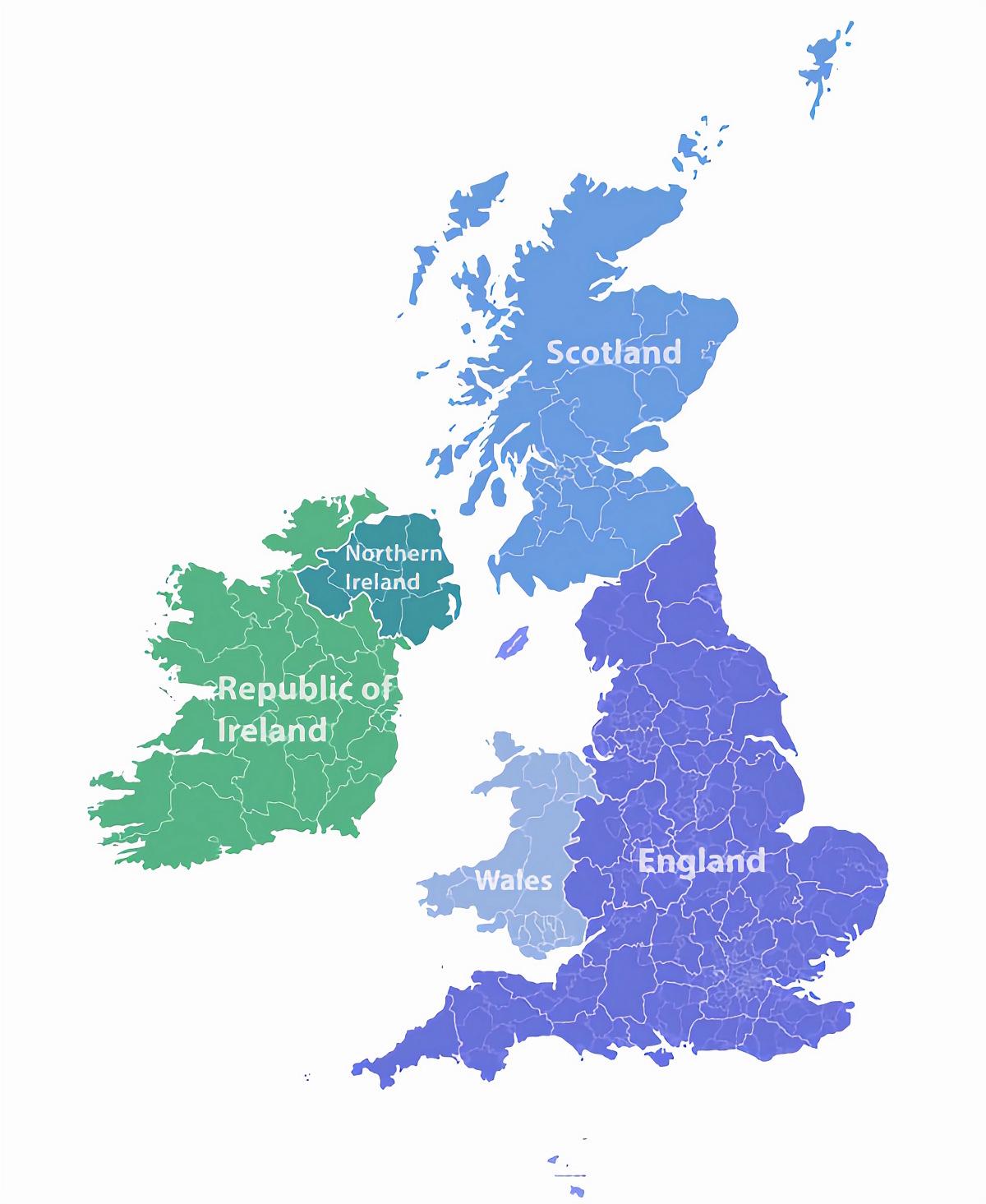
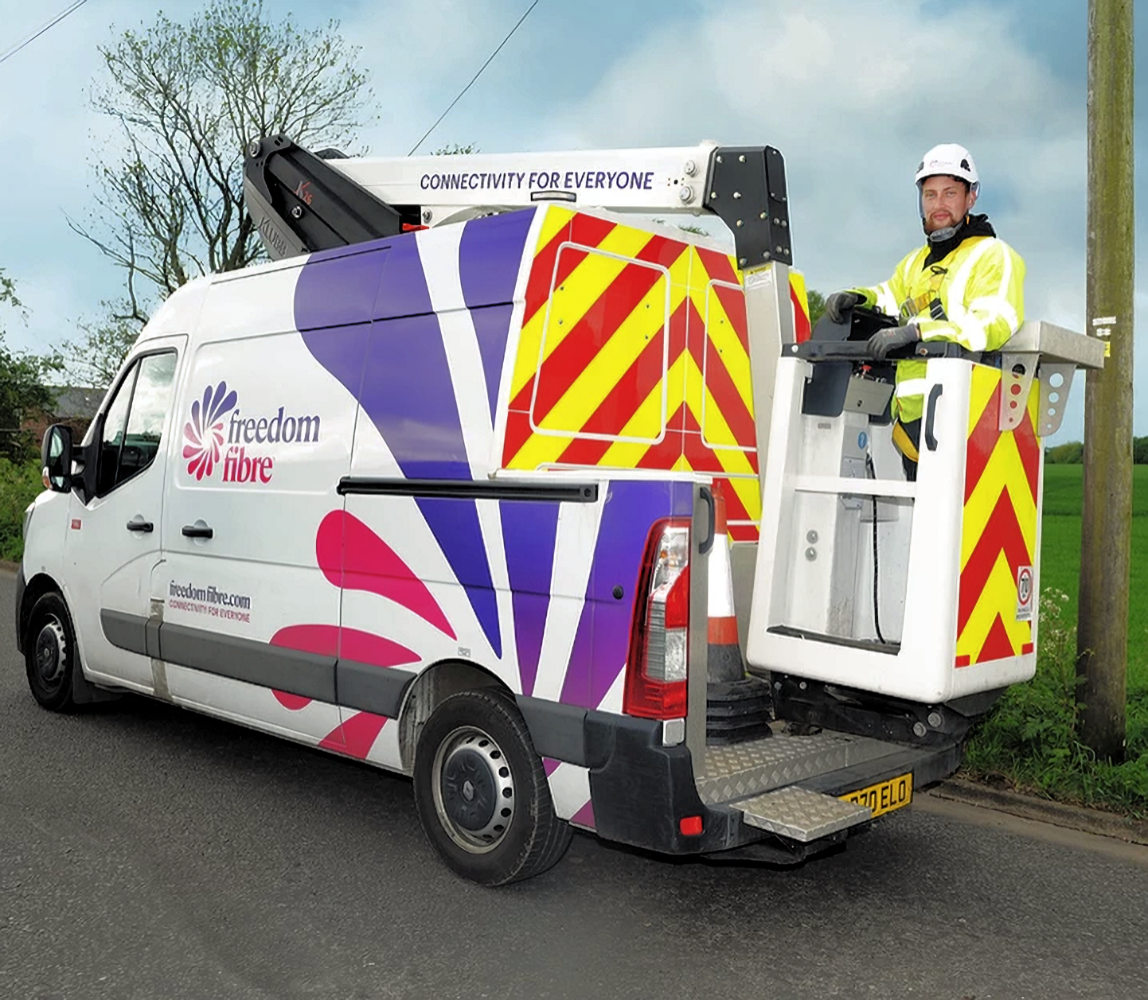

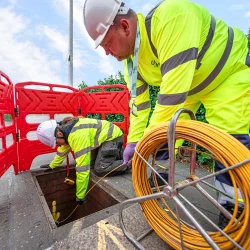
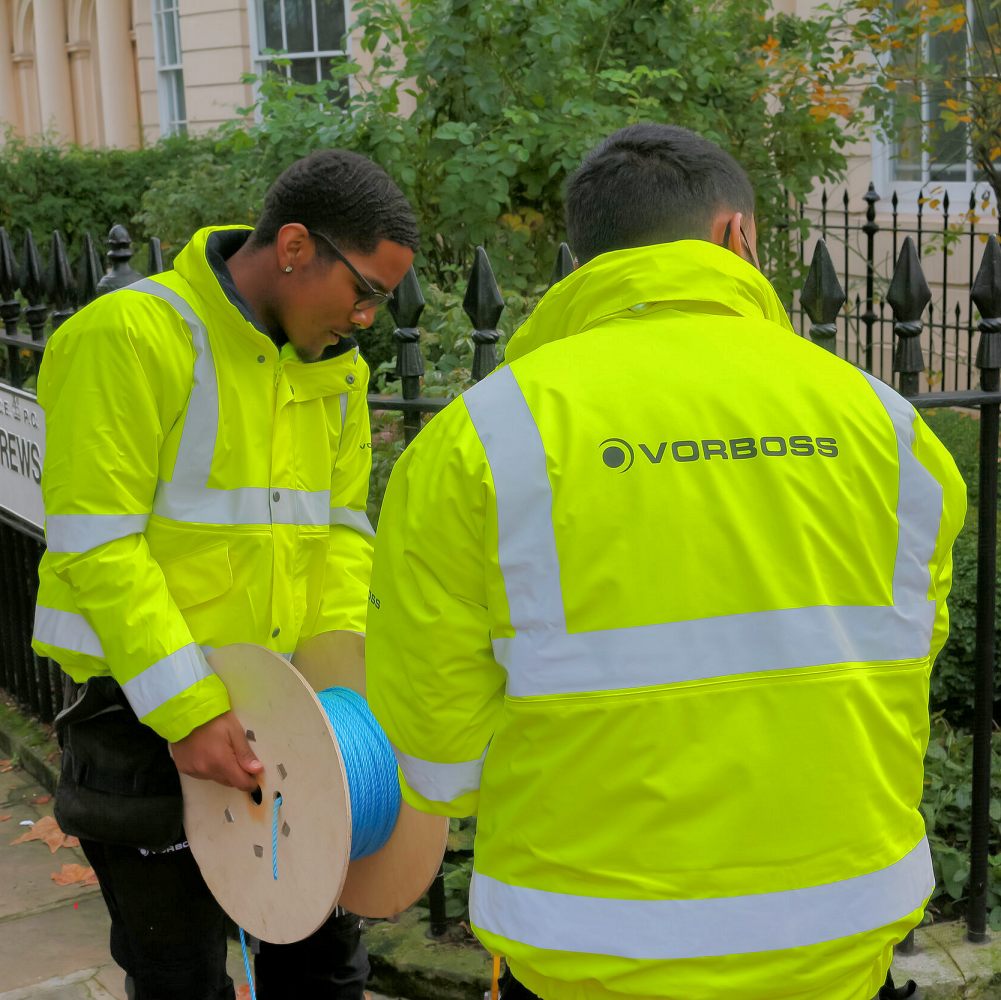












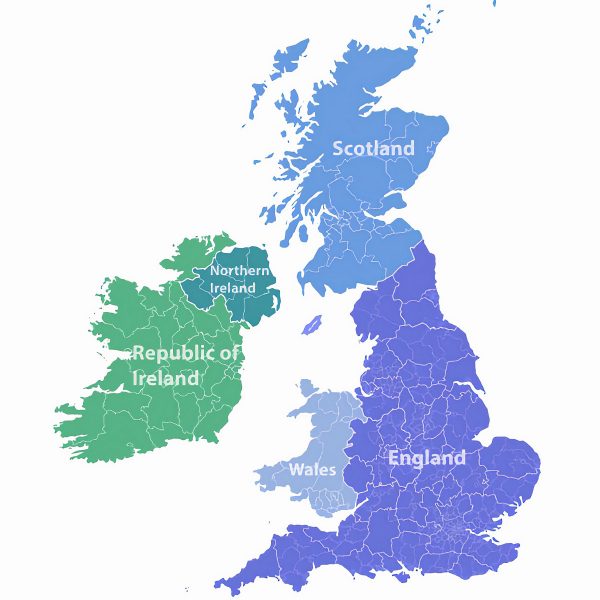
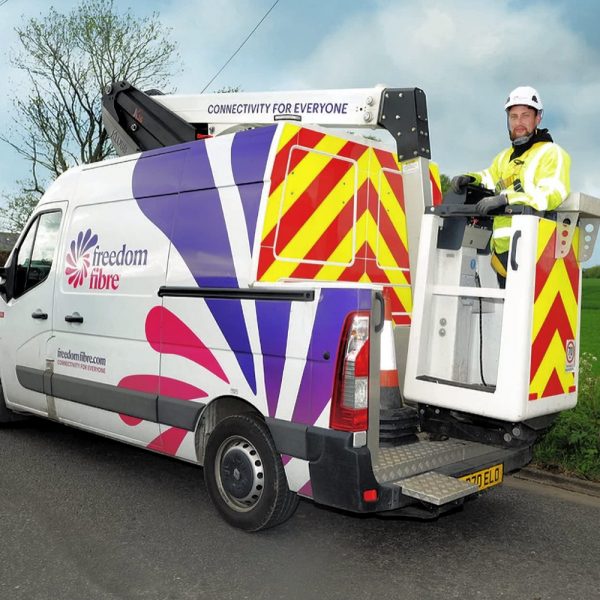




































Comments are closed